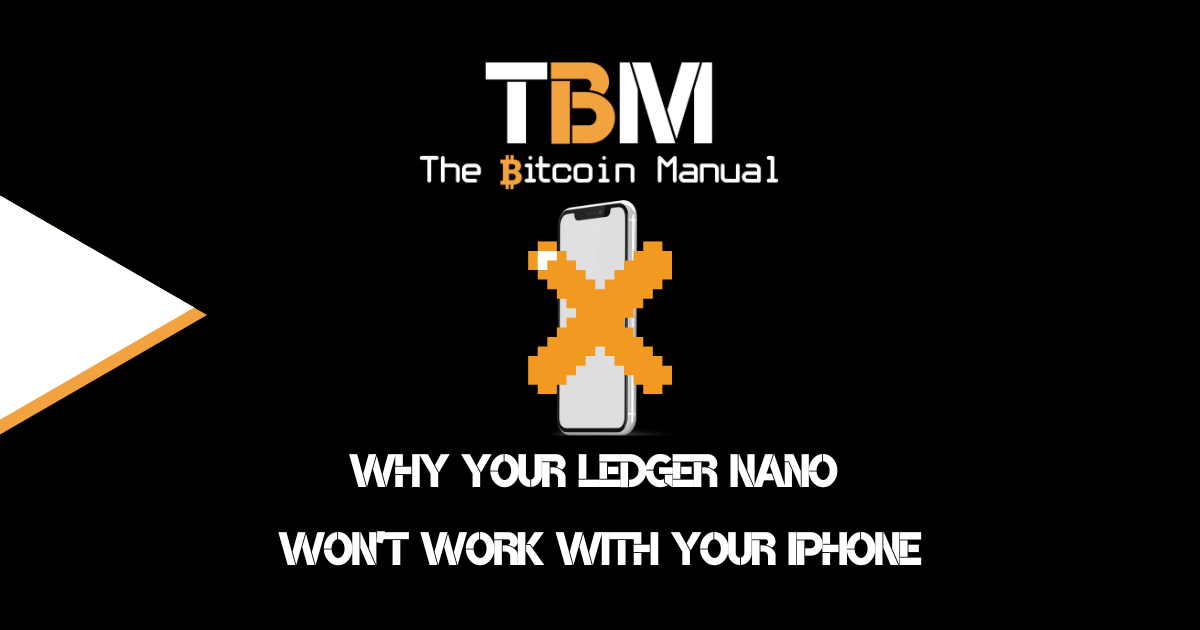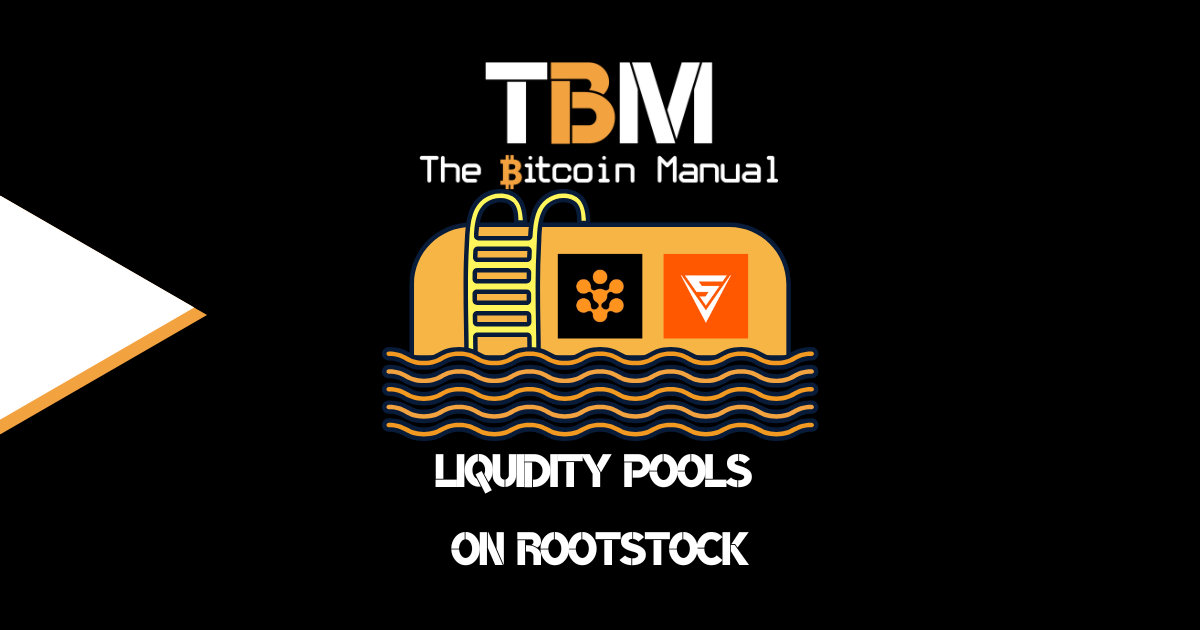Bitcoin content is proliferating the internet in various forms, and the content only seems to be expanding from articles, blogs, videos, podcasts, eBooks and, of course, the high-time preference method of content consumption, social media posts and influencer content. While the supply of bitcoin is limited, the amount of discussion, debate and good and bad information continues to increase at a rapid rate.
Regardless of your entry point into bitcoin content, you’re going to be at a disadvantage; the information asymmetry of those already in the space combined steep learning curve creates an environment where those that know more than you can choose to help you or harm you.
Since there is no “bitcoin company” to review content created about it or use litigious means to silence certain content or stop certain people from affiliating bitcoin with their project or scam, it’s been a free for all in the content creation space.
Some people are creating legitimate educational businesses around bitcoin, while others aren’t in it for the tech or the bitcoin; they’re in it to get your money.
Scams are rife in this industry, and if you’re not extremely cautious, you might get swindled. As they say, there is a scam for every level of intellect, so don’t think you’re too smart to fall for one. One scam making the rounds and generating millions in revenue via social is the YouTube live stream scam.
What is the YouTube Livestream scam?
So how does the scam work, you ask? Well, these bitcoin scammers firstly go after a way to easily build social proof by phishing the account details of prominent YouTubers, or they purchase leaked lists of usernames and passwords. Since most YouTubers don’t know how to secure a sponsor that is not NordVPN, let alone secure their account, there is always a plethora of accounts compromised and ready to be used.
Once these scammers have access to several YouTube channels with a following, some large, some small, they like to mix it up to try and avoid the YouTube police and see what catches the algorithms for that day. All the scammer wants to know is whether YouTube promotes a big or smaller account, so they can focus on the one that drives the most suckers.
Either way, they’ll be running live streams on each of these channels with rehosted footage of a “live” panel discussion—actually from “The ₿ Word” conference in July 2021—in which Elon Musk, Jack Dorsey, and Cathie Wood discussed “Bitcoin as a Tool for Economic Empowerment” as an example.
So you’re watching a legitimate discussion on a channel with followers, seems legit, then to give it more credibility, the scammers will bot view these live streams, so it looks like plenty of people are watching it driving even more social proof.
The scammers then add a frame around the video that advertised “giveaways” and “double your money” scam websites.
The websites promised that if you sent bitcoin to the address, you would receive twice as much in return—a classic scam I remember from the Runescape days, which has also enjoyed success in bitcoin markets for years.
The scam has been running for some time, and YouTube seems to be too slow to shut them down. Despite having hundreds of accounts taken down, this scammer ring continues to find new avenues to get these streams back up. McAfee has been following this trend and identified 26 scam websites that were linked from the YouTube live streams, which altogether took in $1.3 million in Bitcoin and other tokens in a 24-hour period.
If you ever come across a live stream on YouTube with any kind of branding that looks like this with a call to action to send bitcoin, run, run as far and as fast as you can, or copy the address and paste it into a block explorer check how many people are willfully sending money to its doom, if you have the tme.

If you’d like a more visual explanation of the scam, I would highly recommend you check out the video below.
How can you protect yourself
Despite the claims in the video that some software or chrome extension is going to save you, that is simply not true. All software works on rules, rules that can be manipulated or bypassed and trusting another piece of software to do your due diligence for you only transfers the problem. It doesn’t fix it.
Sure, you can run ad blockers, you can run antivirus software and whatever people recommend, but this is all security theatre. Ultimately the bitcoin transaction starts and ends with you. Once these scammers tap into your emotions like greed or desperation, no software in the world can stop you. You need to be able to discern high-time preference pitfalls in all shapes and sizes if you’re planning to be a bitcoiner.
You need to calibrate your internal scam detector and learn when something seems off about the information you’re being presented. This not only goes for scams but any information surrounding bitcoin. Question everything, even this article, don’t take one person’s opinion or advice to heart as the gospel, do research, read conflicting viewpoints and then draw your conclusions once you’ve explored all the points presented, and don’t be in a hurry to make a rash decision with your bitcoin.
Salvage the situation and your sats
If you’re reading this and find yourself in a position where you’re thinking about sending your bitcoin to these scammers, hoping you’re going to strike it rich, then let me save you from your poor decision-making. I’m here to tell you that as long as you have not sent the bitcoin, it’s not too late to save yourself from falling for those powerful high-time preferences like greed or FOMO.
If you have already, sadly, there is not much you can do, you could try reporting the address and UTXO to authorities and have it blacklisted from exchanges, but for the most part, you have to chalk it off as a loss, lick your wounds, start doing your research on how to take safe and secure ownership of your bitcoin.
For those of you who have a friend who is thinking about sending money to one of these streams, please share this article with them; it could save them a lot of money.
Have you fallen for a stream scam?
Have you seen these scams before? Have you fallen for one of these scams? Please feel free to share it in the comments below; we’re always keen to hear others’ stories from around the globe.




